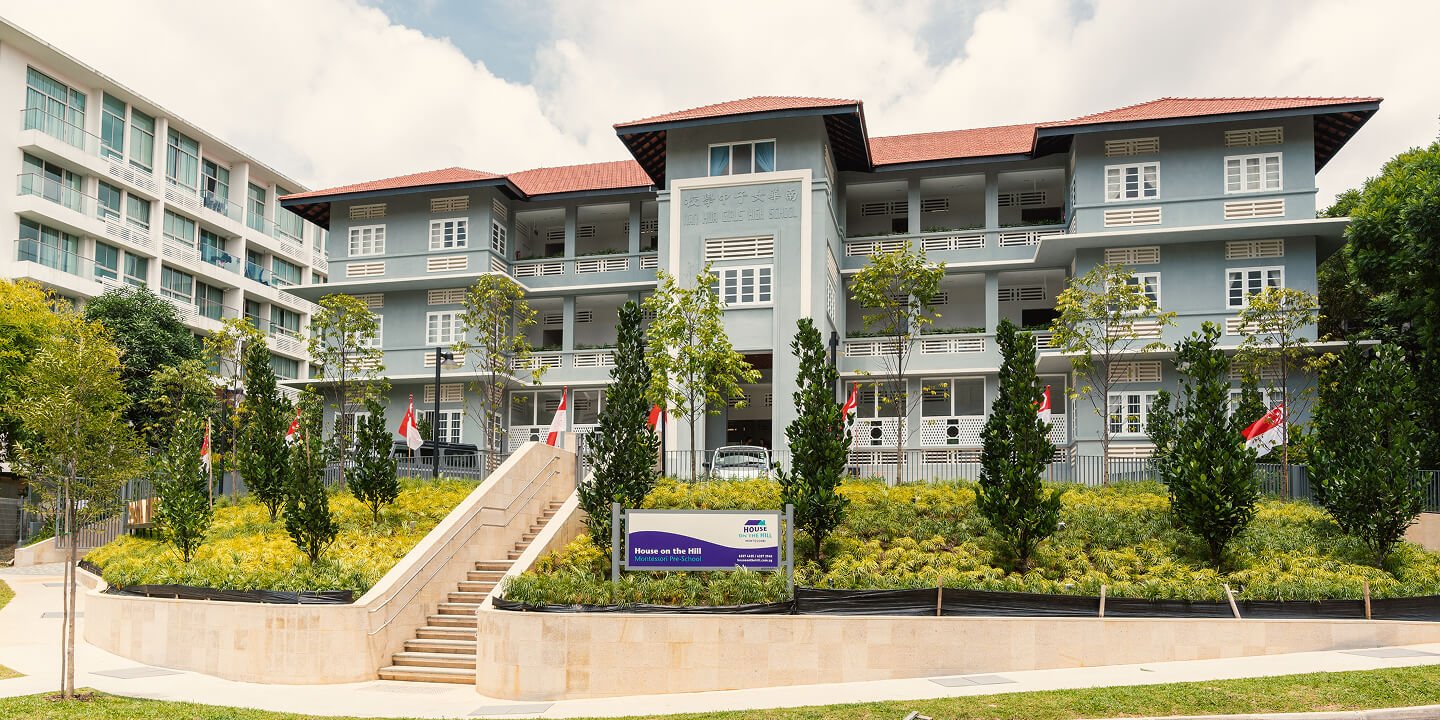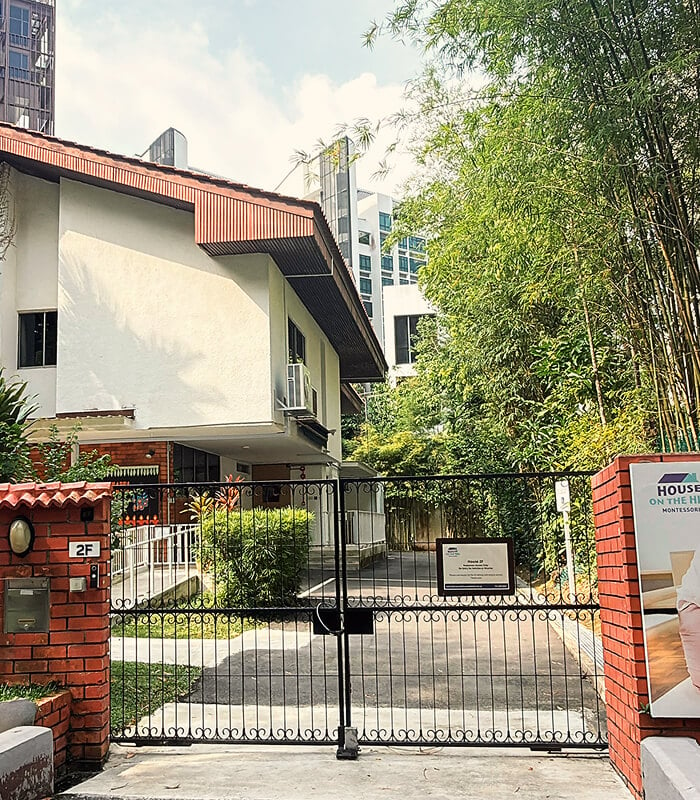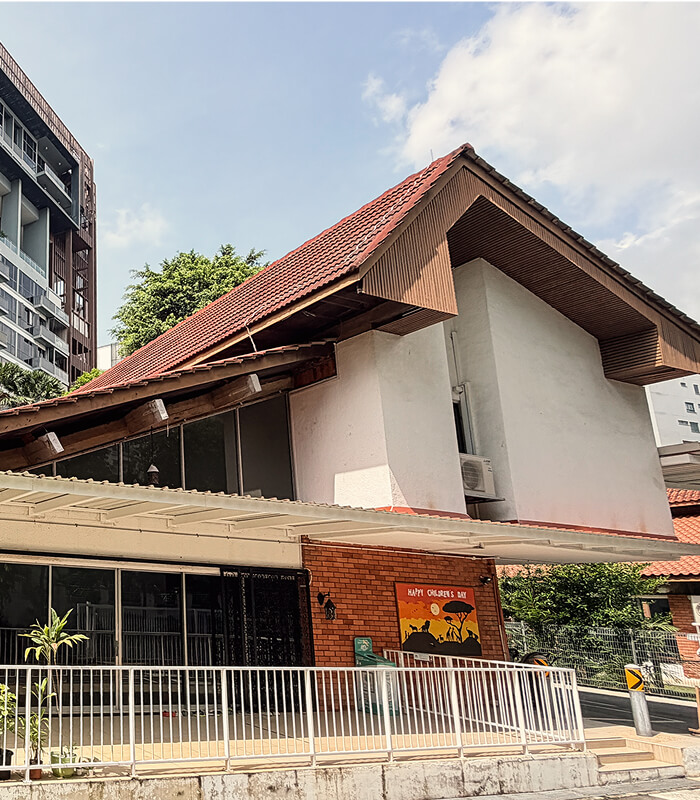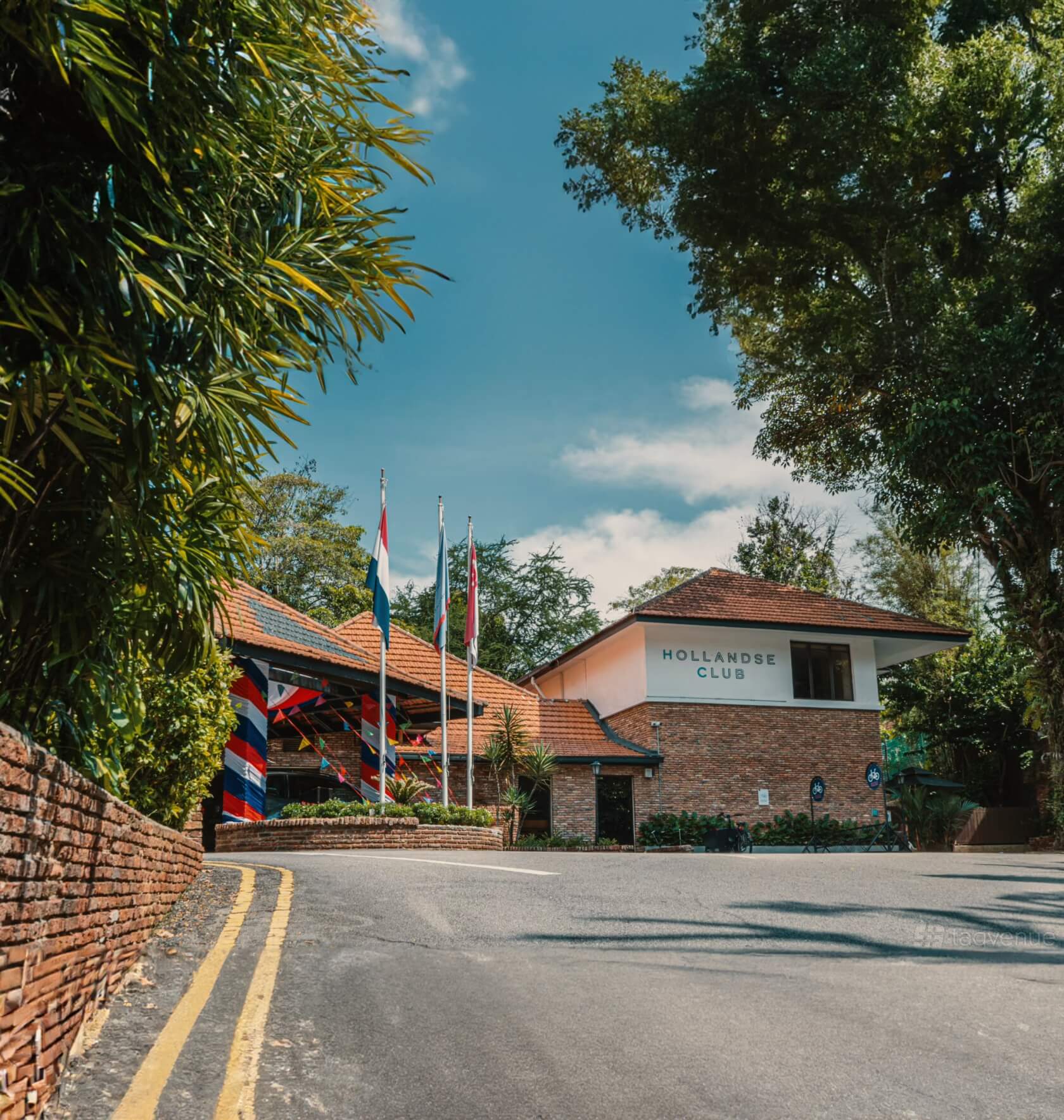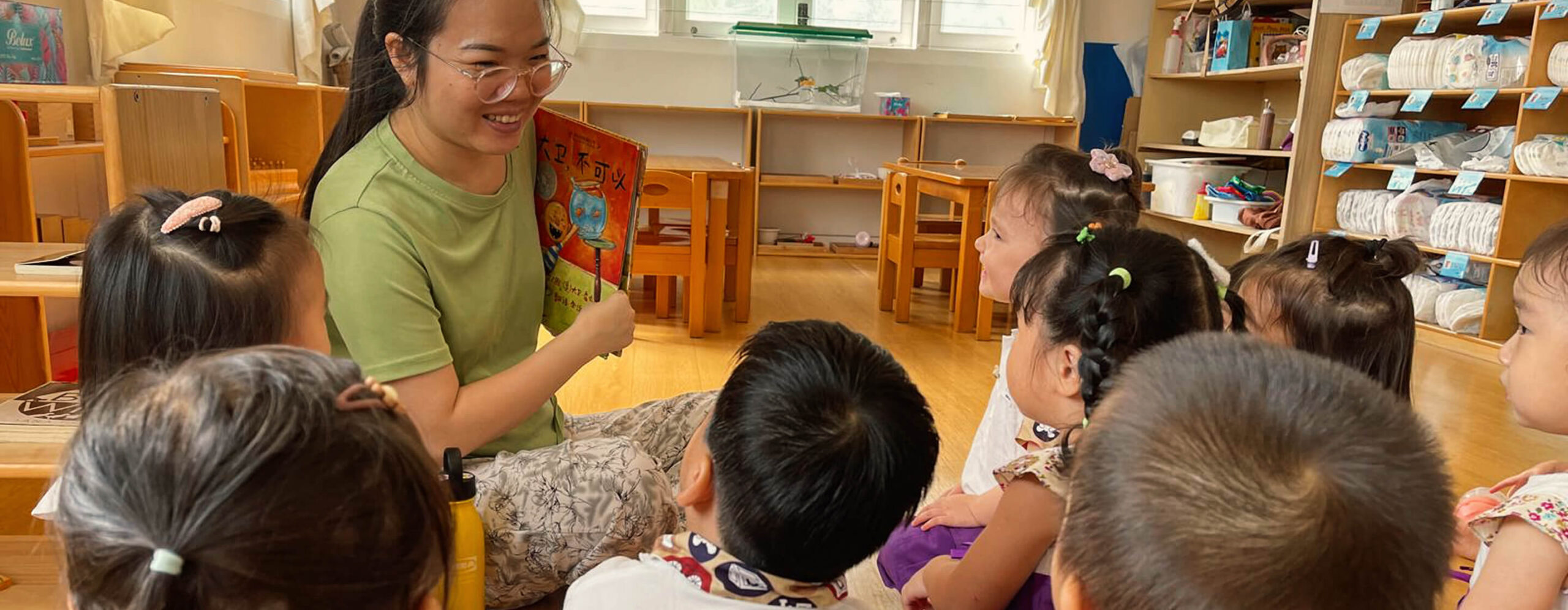At House on the Hill, our Montessori approach goes beyond academics—it nurtures curiosity, empathy, and respect for the world around us. Central to this journey is teaching children to appreciate and celebrate diversity. By experiencing different cultures, traditions, and languages, children develop a natural understanding of the richness of human experience.
Learning Through Exploration
In Montessori classrooms, learning is hands-on. Children explore cultural materials, maps, and artefacts at their own pace, sparking curiosity and meaningful discovery. From examining traditional clothing to handling musical instruments from around the world, children learn through real-life experiences rather than memorization. This tactile approach helps them internalize the idea that every culture has its own beauty and value.

Festivals and Traditions in Practice
Celebrating cultural festivals in the classroom gives children the opportunity to experience traditions first hand. Whether it’s preparing a cultural craft for Lunar New Year, learning songs for Deepavali, or experiencing a ketupat weaving activity for Hari Raya celebration, , children participate actively together with their classmates as part of the celebrations. Montessori philosophy emphasizes that children learn best when they engage with the world around them, and these cultural experiences turn abstract concepts into tangible understanding.
Language as a Window to Culture
Our bilingual Montessori environment immerses children in both English and Mandarin, encouraging them to hear, speak, and understand multiple languages naturally. Beyond vocabulary, children learn that language is a key to connecting with people and cultures. This early exposure fosters open-mindedness and a lifelong appreciation and respect for different traditions and culture, showing empathy and understanding for everyone in the community
Montessori education emphasizes social-emotional development alongside academics. Through collaborative projects, cultural stories, and discussions, children practice respect, empathy, and inclusivity. They learn that differences—whether in culture, language, or tradition—are to be valued, not judged. These lessons lay the foundation for compassionate, globally aware citizens.
Families as Partners in Cultural Discovery
Parents play an essential role in enriching cultural learning. Sharing personal traditions, recipes, or stories brings authenticity to the classroom and connects children with real-world experiences. In the Montessori environment, children learn best when education extends beyond the classroom, and these shared moments help reinforce respect, curiosity, and belonging.
A World of Belonging
At House on the Hill, we believe that every child deserves to grow up in a world where curiosity, respect, and empathy flourish. By celebrating cultures through hands-on experiences, meaningful exploration, and shared stories, we help children see the beauty in differences and the joy in connection. In our classrooms, diversity is not just taught—it is lived. Together, we are nurturing compassionate, confident, and culturally aware young learners ready to embrace the world with open hearts.
Find out more about our Montessori Method and how we nurture confident, compassionate, and culturally aware learners by booking a tour with us!







